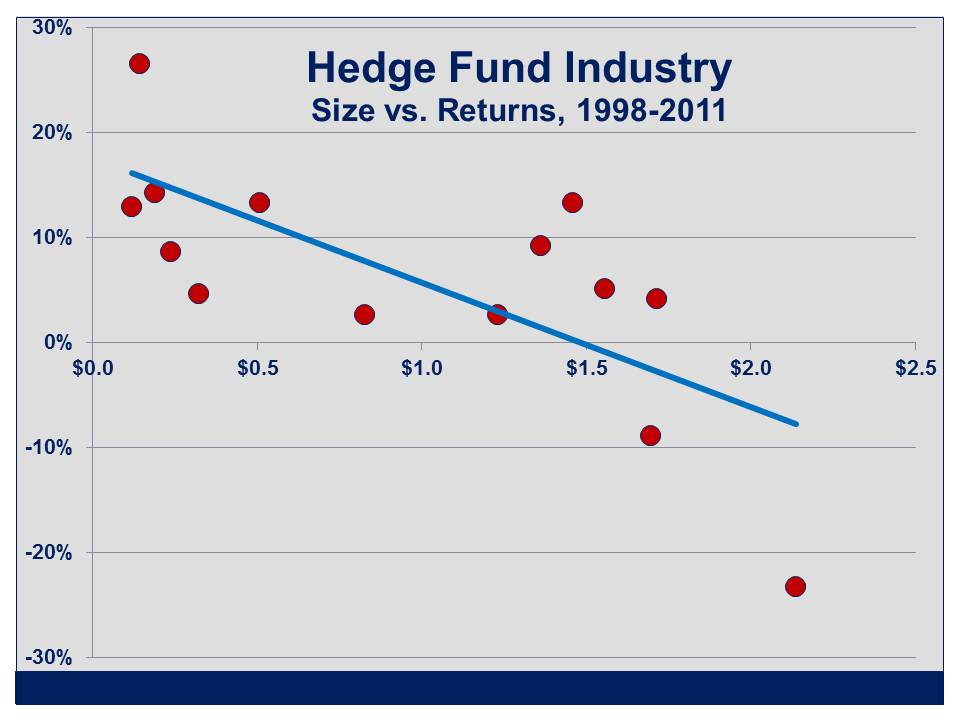Why a Greek Exit from The Euro Isn't Inevitable
As we head towards another deadline for Greece, during which they must convince the troika that austerity is on track, there is growing speculation that Greece may be forced out of the Euro. A “Grexit” to use a popular term.
Well, maybe, but here’s why it’s not inevitable. First, from Germany’s point of view, Greece’s presence in the Euro isn’t the real problem; it’s the money Greece owes. In fact, Greece’s recession is if anything creating downward pressure on the Euro which helps Germany’s exporters. The notion that Germany may force Greece to leave the Euro is based on the flawed assumption that this would be in Germany’s interests. No doubt popular opinion in Germany may be moving in that direction, choosing to “punish” the profligate Greeks for their poor budgeting skills. But leaders in Germany must know that such a move would be their “Lehman moment”. The risk of contagion swiftly moving to Spain and Italy would be such that perhaps as much as 1 trillion Euros might need to be available to support those countries’ ongoing borrowing needs. Untold additional dominoes might fall. It’d be a foolhardy German government that contemplated such a move.
Moreover, the instant Greek default on their cross border debts which would immediately follow their ejection would hurt their Euro-zone creditors including Germany. Indeed, the ECB itself might need to be bailed out. So there seems little point in kicking Greece out of the Euro while they still owe any significant sums to other Europeans.
For Greece, while a New Drachma may appear an appealing way to generate inflation and allow a drop in living standards to create a more competitive economy, introducing a new currency over even an extended bank holiday is a daunting task. A well run government bureaucracy like Germany’s would be hard pressed to pull that off. Greece is not Germany. It would be a disaster. In fact, for Greece their interests are best served by continuing to negotiate for an ever decreasing debt burden. Regular brinkmanship around austerity targets and the next release of EU/IMF funds is becoming their strategy. It can continue to work as long as the promise of some ultimate repayment is sufficient to outweigh the risks to Germany of kicking them out.
But Greece has an additional option, which is a stealth devaluation. The government could start paying its bills in IOUs, as California has done in the past. The IOUs would promise to repay the holder in full in five years in the then prevailing currency. These IOUs would of course trade at a discount to face value, but over time the Greek private sector’s holdings of these would grow as their government issued more of them. Their discount to par would no doubt fluctuate with the odds of Greece staying or leaving, but over time as the discount stabilized and their volumes grew the “New Drachma Notes” as they might be dubbed, would provide visibility around the type of depreciation the New Drachma might suffer if it replaced the Euro. In fact, it could co-exist with the Euro, but by creating a plausible alternative currency that was slowly introduced over 2-3 years through the Greek government paying its bills, it would improve Greece’s negotiating stance with the troika and perhaps allow them to achieve greater debt forgiveness than would otherwise be possible.
The Greeks have played a weak hand pretty well so far. Their forced exit from the Euro needn’t be as inevitable as it might appear.
